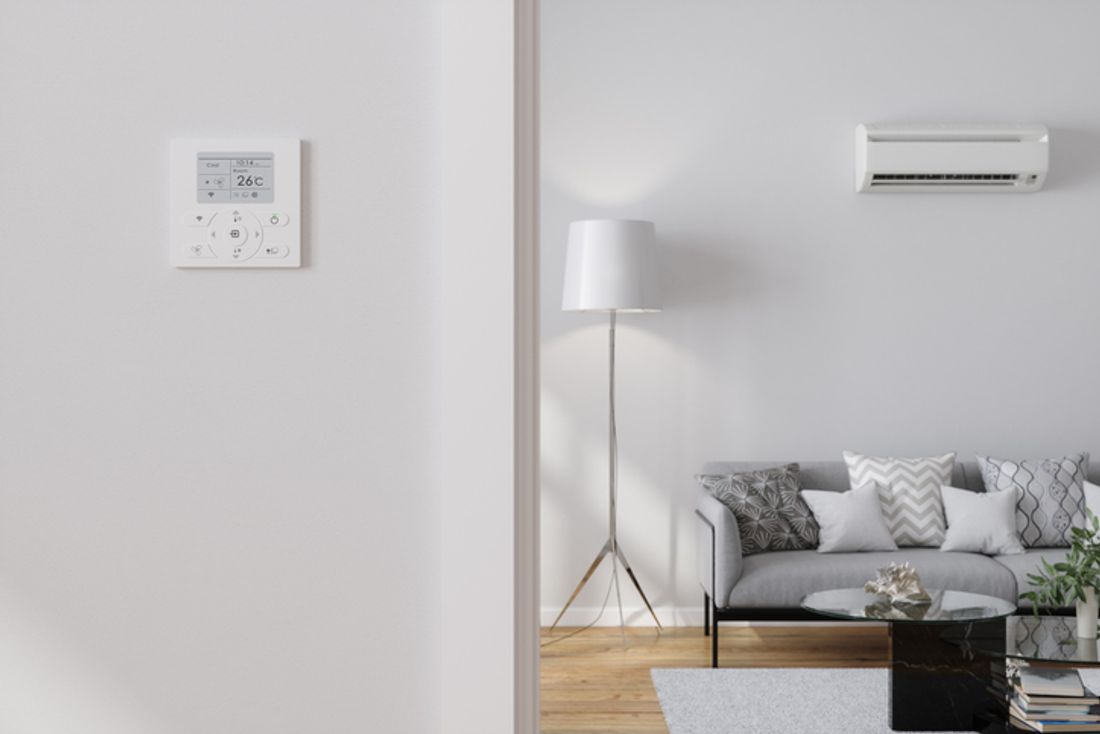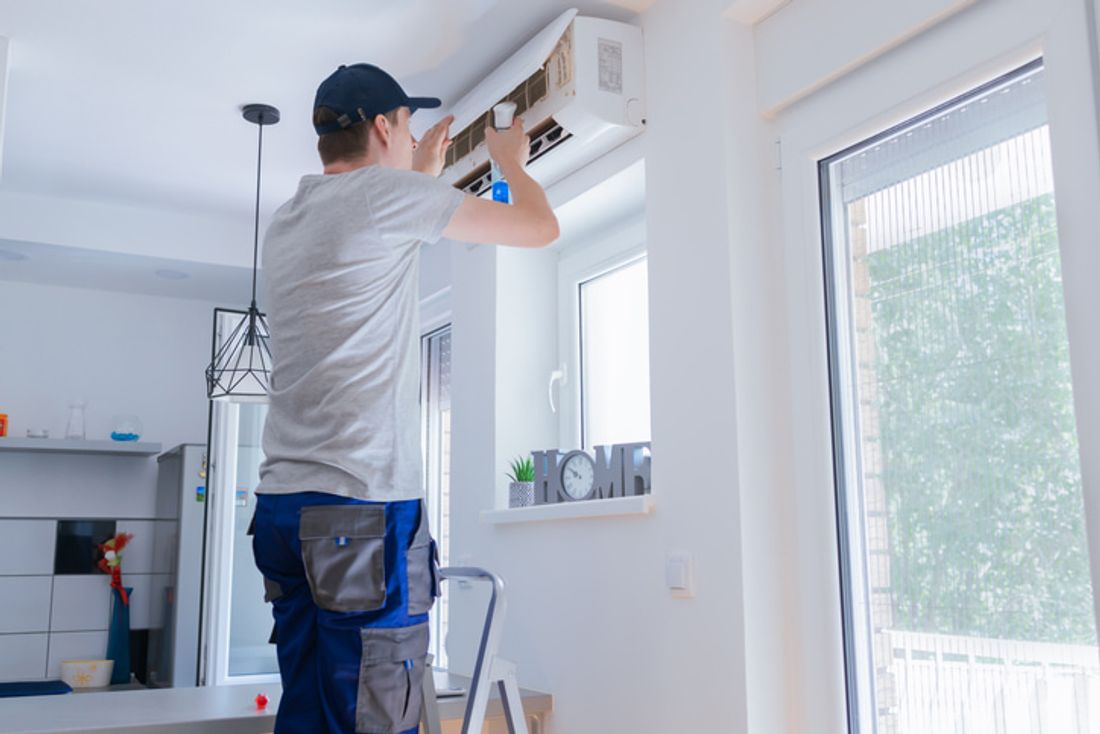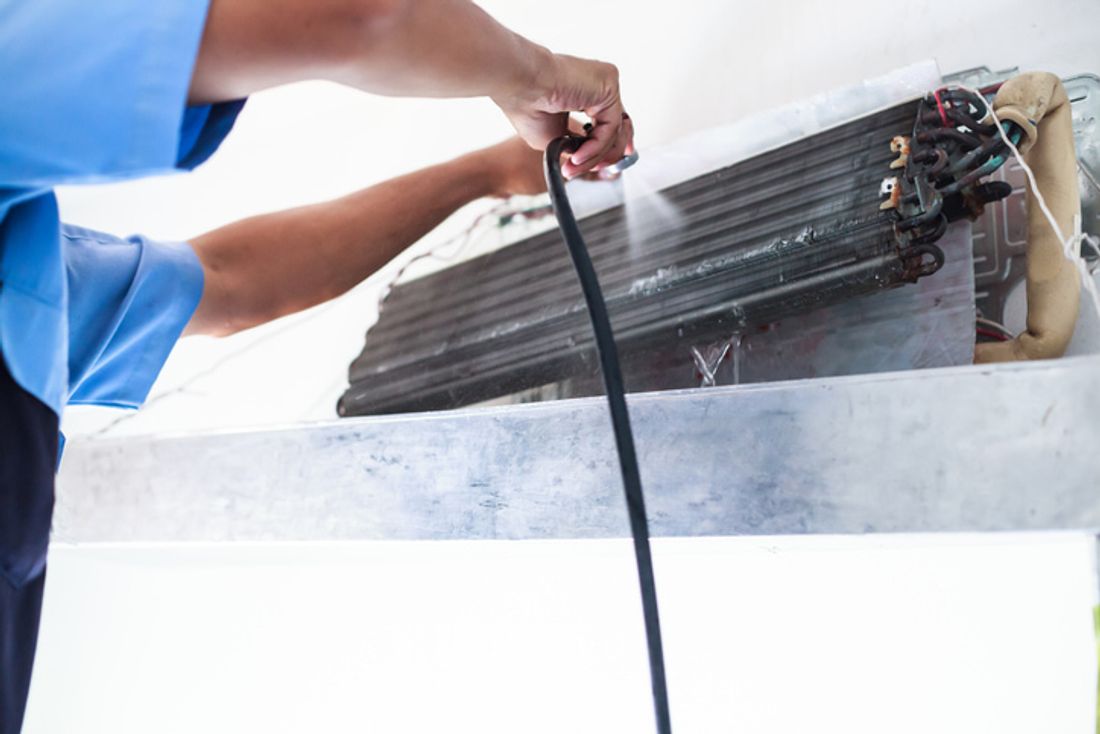How Much Does Air Conditioning Cost To Run? [2025]
$680 to $2,000
These prices are based on national averages
Let us get you up to 3 quotes from an Air Conditioning Service in
*Prices are based on national averages
Last Updated Mar 28, 2025 · Written by hipages team · 11 min read
Running an air conditioner in Australia can cost between 20 cents to $1 per hour based on your room size, with yearly costs ranging from $680 in mild climates to $2,000+ in tropical areas.
With Aussie temperatures on the rise, air conditioning has become a must-have for many households.
During the summer months, air conditioning costs can make electricity or gas bills soar, but there are ways to reduce the amount of energy you use. As energy prices keep climbing, knowing exactly how much your air conditioner costs to run is key to keeping your household budget in check.
This guide is here to walk you through everything you need to know about air conditioning costs, as well as practical ways to keep your cooling bills under control. We’ll cover:
What factors influence air conditioner running costs?
Getting your head around what drives your air conditioning costs helps you take control of your energy bills. Let's look at each factor to help you make smart choices about your cooling system.
-
Location in Australia: Where you live in Australia plays a big part in your air conditioning costs thanks to our different climate zones. Areas that are hotter or colder may result in prolonged air conditioning or heating running times, which increases energy consumption. For example, if you're up in Brisbane or Darwin, you might pay more each year because of the hotter temperatures and higher humidity, while aircon running costs will be less in Sydney, Adelaide or Perth due to the more balanced weather
-
Type of air conditioner: Different types of air conditioning systems come with different running costs. For example, split systems usually work best for single rooms while ducted systems are great for whole-house cooling if you zone them correctly
-
System star rating: Your air conditioner's star rating makes a huge difference to running costs, with each extra star resulting in less running costs due to their increased energy efficiency. Modern inverter systems are particularly smart, adjusting their power output to keep temperatures just right instead of constantly switching on and off like older models. This tech can lead to big savings over time
-
How much you use the air conditioner: How often and how long you run your system directly impacts your running costs. A well-matched split system with a high star rating in a well-insulated room will use up less energy than an oversized or less powerful unit. You’ll also spend less if you’re running it only during the hottest parts of the day, instead of all day long
-
Room size: Matching your air conditioner to your room size is crucial for getting the best performance. A system that's too small will struggle to keep up, while one that's too big will turn on and off too often, causing wasted power. A licensed air conditioner installer can help you work out the right size based on your room measurements, insulation, and local weather
-
Your electricity rates: Running your unit during peak electricity periods (typically weekday afternoons) can cost more than off-peak rates, depending on your electricity provider
-
Weather changes through the year: Weather impacts how hard your system needs to work, with extreme temperatures requiring more energy to maintain your ideal temperature
-
System maintenance: Taking good care of your air conditioner through regular maintenance keeps it running efficiently

How much does air conditioning cost to run?
The cost of running an air conditioning unit per hour changes quite a bit based on room size and system capacity:
-
Small room (up to 2.5kW system): Costs 20 cents to 40 cents per hour to run. Small rooms include regular bedrooms and home offices
-
Medium room (3.5kW system): 30 cents to 70 cents per hour. Medium rooms include larger bedrooms and living rooms
-
Large room (5kW+ system): 70 cents to 95 cents per hour. Large rooms include open-plan areas and large living rooms
Air conditioning can be expensive even in a small room when you multiply the hours used per day and per month. In a medium sized room, the cost can be double that of a small room and a large room can be almost triple the cost of a small room.
Air conditioning running costs compared to other appliances
To put air conditioning running costs in perspective, here's how they stack up against other household appliances:
-
Air conditioner: 50 cents per hour
-
Refrigerator: 6 cents per hour
-
Washing machine: 23 cents per hour
-
Dishwasher: 34 cents per hour
While it's true that a refrigerator runs 24 hours a day and may be more expensive than an air conditioner over the course of a year, in the summer months an air conditioner can run up to 8 hours a day or $4.00 a day. Multiply that by a month and an air conditioner costs up to $120 per month during the summer months. A refrigerator only costs $1.44 per day or $43.20 per 30 day month, so during the summer, an air conditioner can cost almost 3 times as much as a refrigerator.
Washing machines are only used sporadically and may be used for 3 hours a week at most. Dishwashers are used every day, but only for an hour or so. Even over the course of a year, they may not cost as much as an air conditioner costs over the summer months and if you have a reverse cycle air conditioner, it will heat the home in winter and cool the home in summer and the cost will be far higher than any other appliance.

Why more stars means lower air conditioning costs
Air conditioning units come with star ratings from 1 to 10. The following is based on a ducted reverse cycle air conditioner that heats a home 6 hours a day for 4 months and cools a home for 3 months a year for 6 hours:
-
A 5.0 Star reverse cycle air conditioner would cost around $2,000 per year
-
A 5.5 Star reverse cycle air conditioner would cost around $2,376 per year
-
A 6.0 Star reverse cycle air conditioner would cost around $1,653 per year
-
A 7.0 Star reverse cycle air conditioner would cost around $1,612 per year
These figures are based on one brand of air conditioner. Others may cost less or more than the prices above. To find out what different brands and models of air conditioners cost per year, visit the Energy Rating calculator and enter your postcode and the type of air conditioner you have or want.
When you compare a 5.0 Star air conditioner to a 7.0 Star air conditioner, the savings is almost $400 per year. Multiply that by 10 years and the savings is around $4,000. Lower Stars will be even less efficient and higher Stars more efficient.
Evaporative coolers are much less expensive to run than standard air conditioners. They tend to humidify the air, though and the house should be opened to allow the moist air to escape. In a dry area, an evaporative cooler may be a perfect choice and a portable evaporative cooler only costs 4 cents an hour to run. A ducted evaporative cooler is more expensive at around 43 cents an hour.
Tips for saving money on air conditioning
There are many ways you can save money on air conditioning:
-
Get the right size air conditioner for your space: Getting the right size of air conditioner for the space you have is very important because if you save a little money by buying a smaller air conditioner, it will work harder and use up more energy. Before long, the money you saved will be eaten up by energy costs.
-
Raise the temperature: It's nice to walk into a frosty home after being in the hot sun, but it is a waste of energy. Each degree of cooling you add to the aircon can increase energy usage by up to 10%. Try turning the thermostat up one degree at a time and stop when the temperature seems too warm.
-
Use a fan when you don't need an air conditioner: Fans are a great alternative to air conditioners with much lower running costs at 2 cents an hour due to their need to only use electricity in order to function. A ceiling fan will have to be installed by an electrician, but ceiling fans are far cheaper than air conditioners and installation costs can be lower, too.
-
Maintain your air conditioner regularly: A well maintained air conditioning unit is a happy one. We recommend cleaning the filters monthly when you're using it lots (like in the Summer), and booking in yearly check-ups with the pros. Air conditioning ducts should be checked and cleaned every 3-5 years too.

Why you want to save on the cost of air conditioning
Nobody likes to waste money, but sometimes air conditioning seems like an indulgence worth the cost. If you get a 7.0 Star reverse cycle air conditioner, it might cost $1,612 per year. Multiply that figure by 10 years and you have spent $16,120. By following the tips above, you can slash that figure and use the money for other things.
Turn up the temperature just two degrees and save 20 percent. Over 10 years that 20 percent adds up to $3,250. Use a fan when you don't need air conditioning and save even more. If you're purchasing a new air conditioner, look for an inverter model and save up to 40 percent more and look at the Energy Star Label. It will show both the Stars and the amount of energy an air conditioner uses.
The examples above show that a 5.0 Star label will cost around $20,000 in 10 years, but a 7.0 Star label will cost only $16,120 over ten years. That alone is an almost $4000 savings and when you combine a higher Star label with a higher temperature and using a ceiling fan when the weather isn't too hot, it can represent a significant savings. Add in an inverter air conditioner and you may pay only half what an average air conditioner costs.
How to hire a good air conditioner installer
Finding a top-notch installer is key to getting a system that runs well and saves you money.
While you’re shopping around for an air conditioning installer, it’s important to check their qualifications and experience before you make the final hiring decision. This includes checking:
-
That they have a proper license to complete the job
-
That they have adequate insurance
-
Their track record with installing your preferred system type
-
Their references from similar jobs
We recommend getting quotes from at least 3 different installers, and ensuring that the quotes cover everything you need for the installation.
The smartest way to find a trusted installer is to post your job on hipages. You'll get quotes from licensed local tradies who can help you pick and install the most cost-friendly system for your needs.
Find local Air Conditioning Services now
Get Quotes*Costs and prices in this article are indicative and should only be used as a guide. They also vary locally and are subject to market forces.
Frequently asked questions
How much does it cost to run air conditioning per hour?
Although different makes, models and style of air conditioning cost different amounts, a good rule of thumb is to expect air con running costs to be 50 cents an hour.
Is it cheaper to leave an air conditioner on all day?
No. Air conditioners use electricity the longer they're on, so if you leave them on they'll continue to cost you money. It's better to use them in short stints and to look at long-term fixes like improving insulation.
How can I reduce air conditioning running costs?
While there are times you certainly want to use air conditioning in Australia, there are certain ways you can reduce the need for using it and the cost of doing so. Keeping sunlight out of rooms is a good first step, so close windows and blinds/curtains on the north side of your home when you leave the house for the day. Putting your AC up one degree also has a significant impact on your bills.
Larger improvements like investing in good insulation to keep your home more steady with temperatures or buying solar panels so you get free power during the day will also help bring down electricity bills.
Does air con use more electricity than other appliances?
Air conditioning is one of the biggest users of electricity. It uses around 50c of power an hour, whereas dishwashers (34c), washing machines (23c) and fridges (6c) are all less.